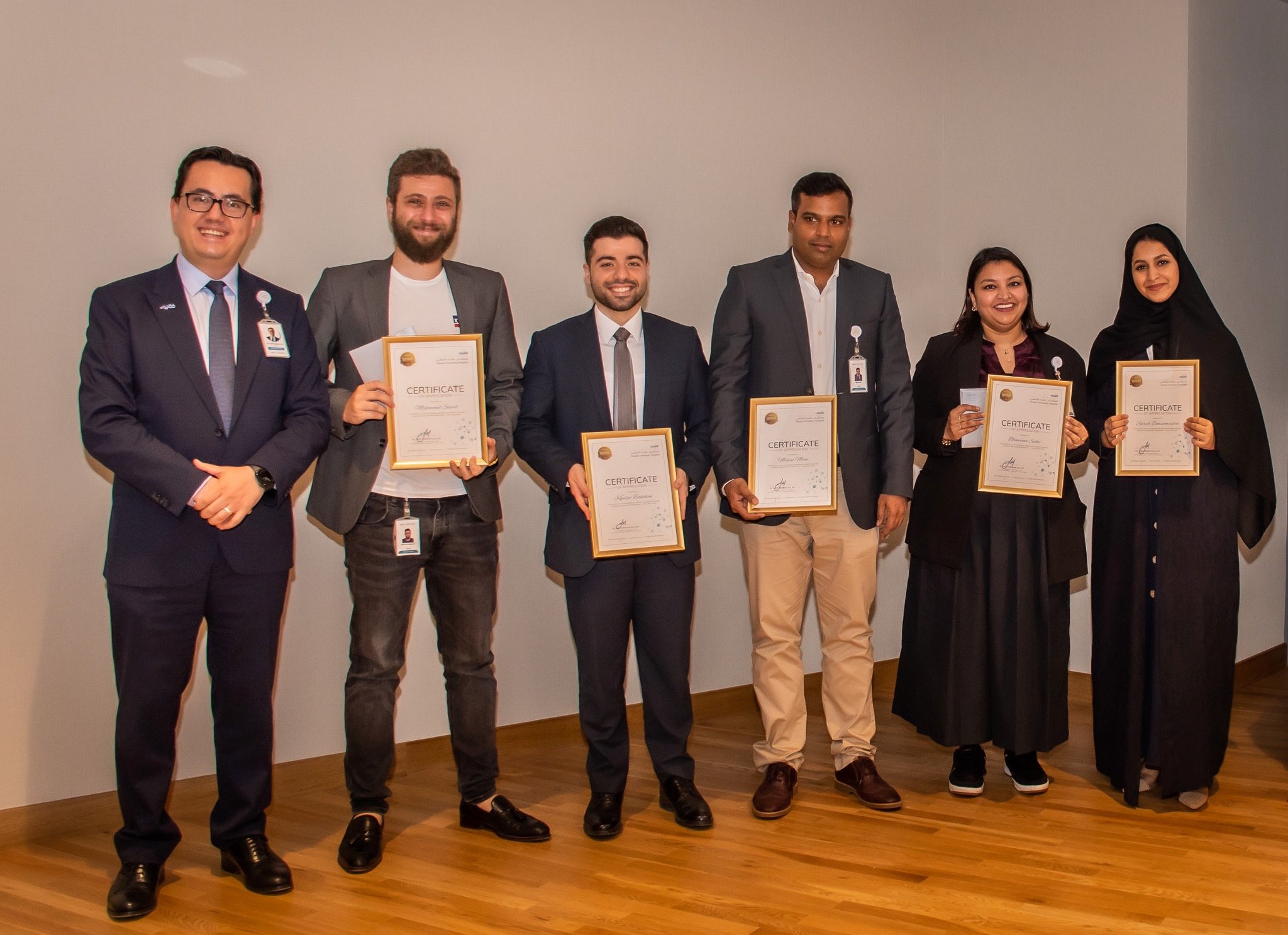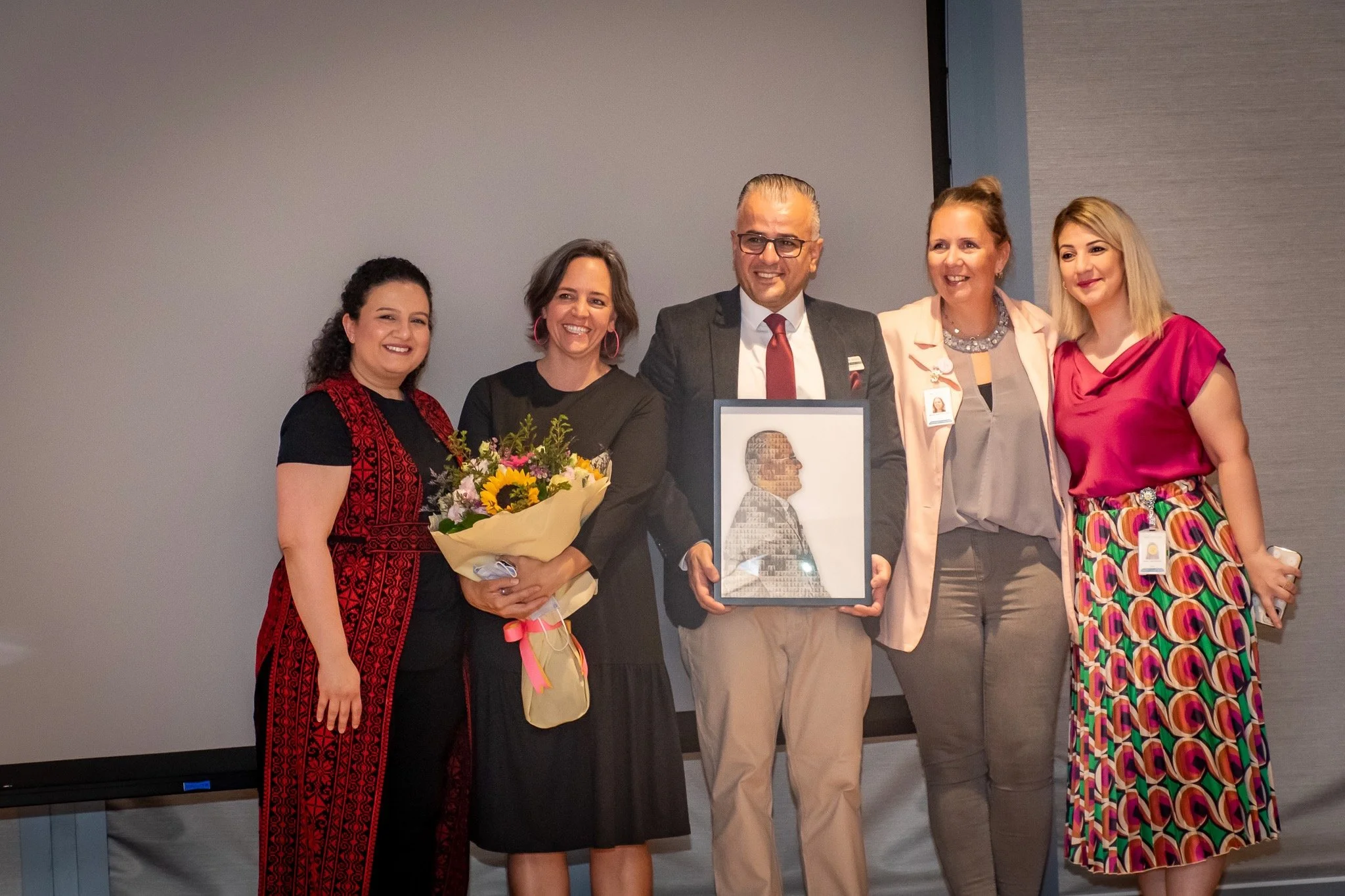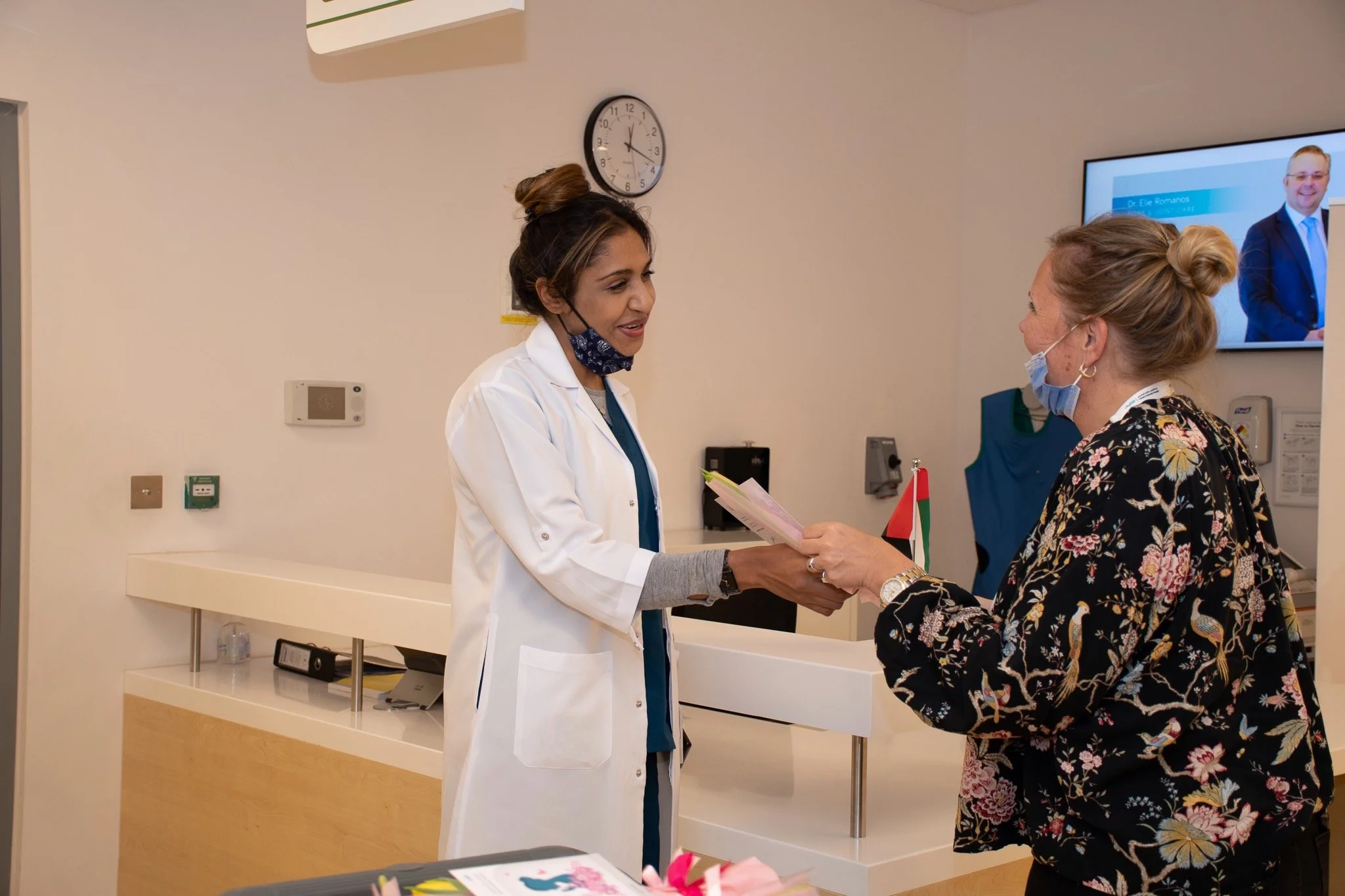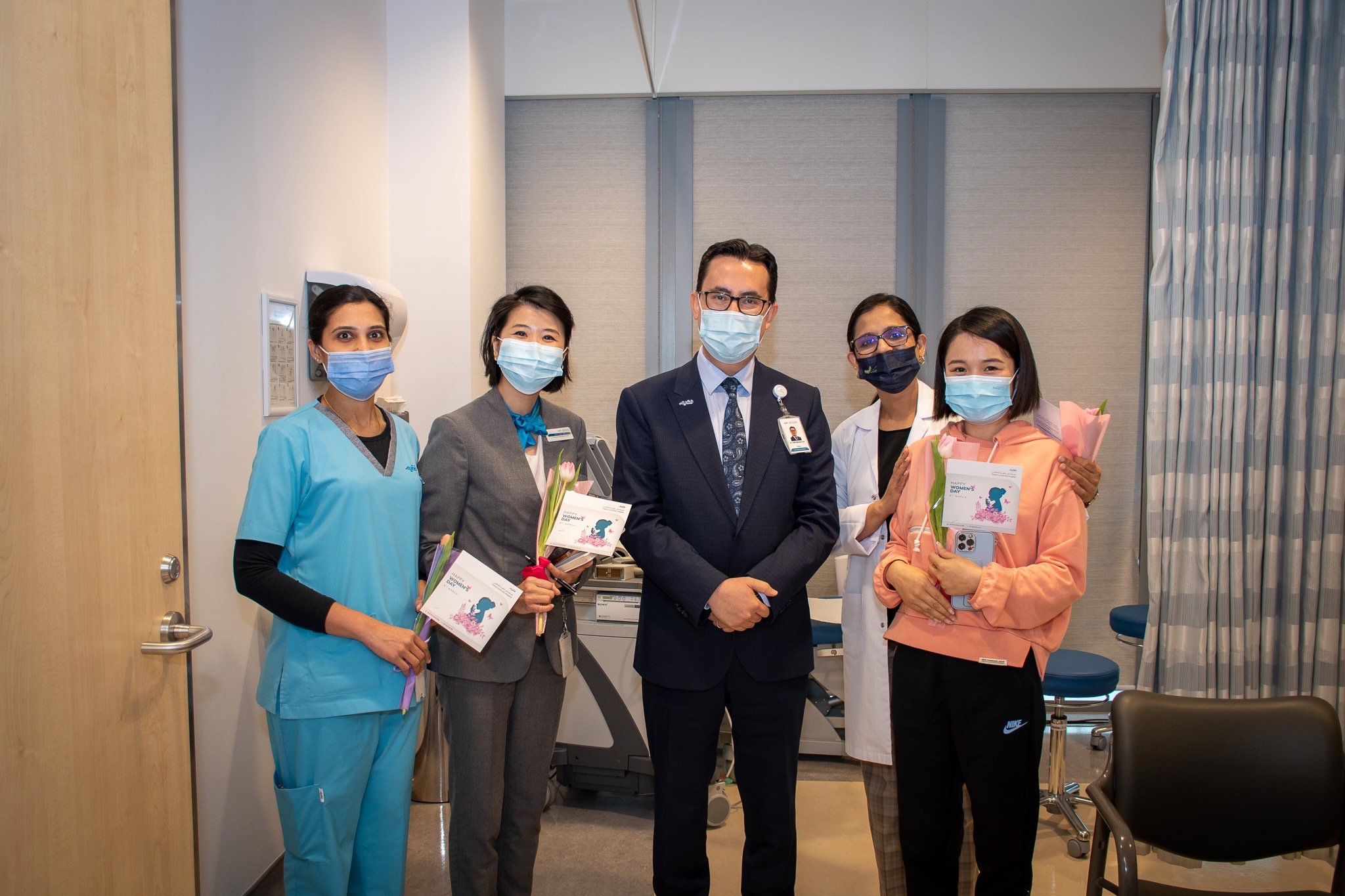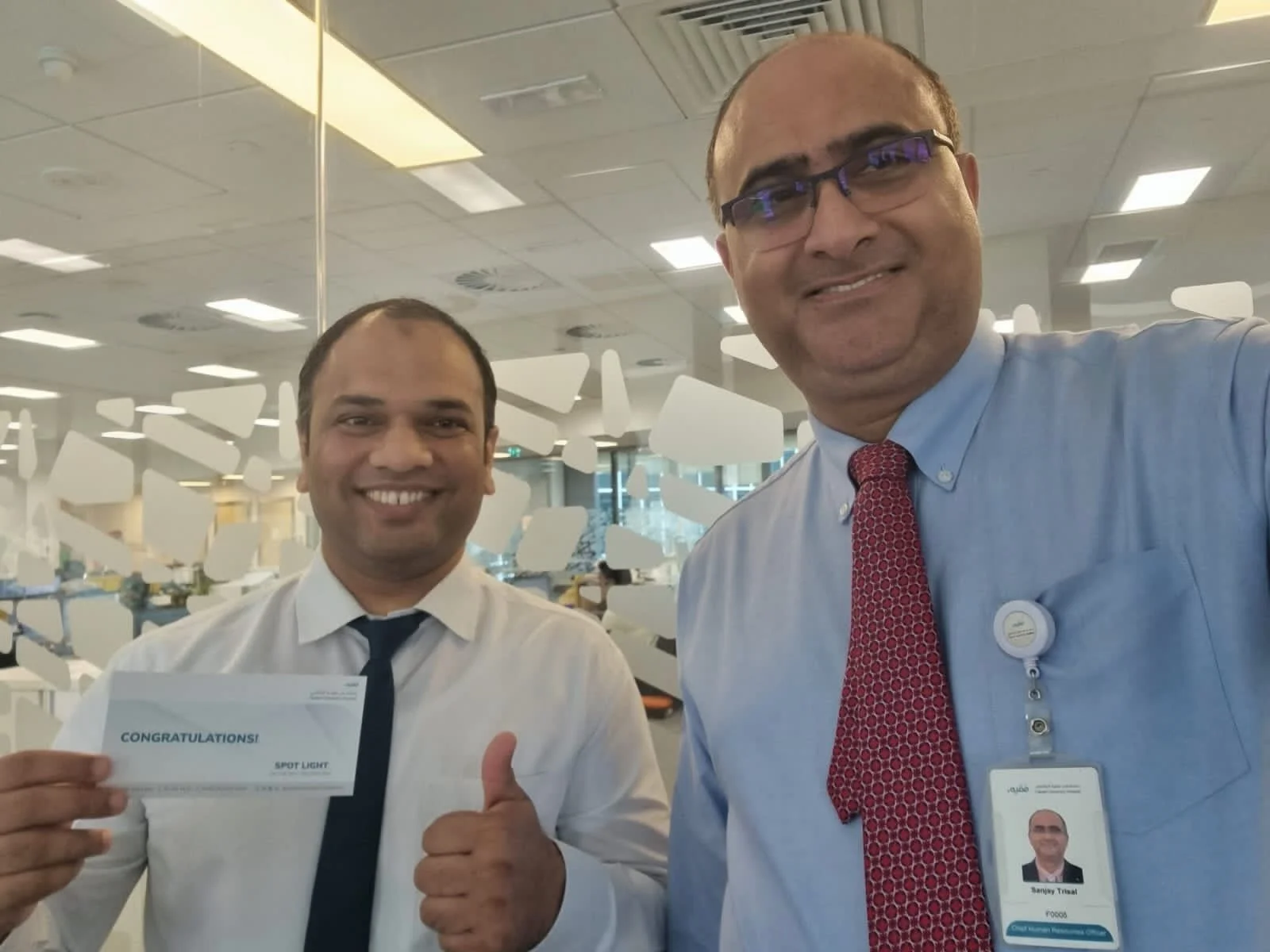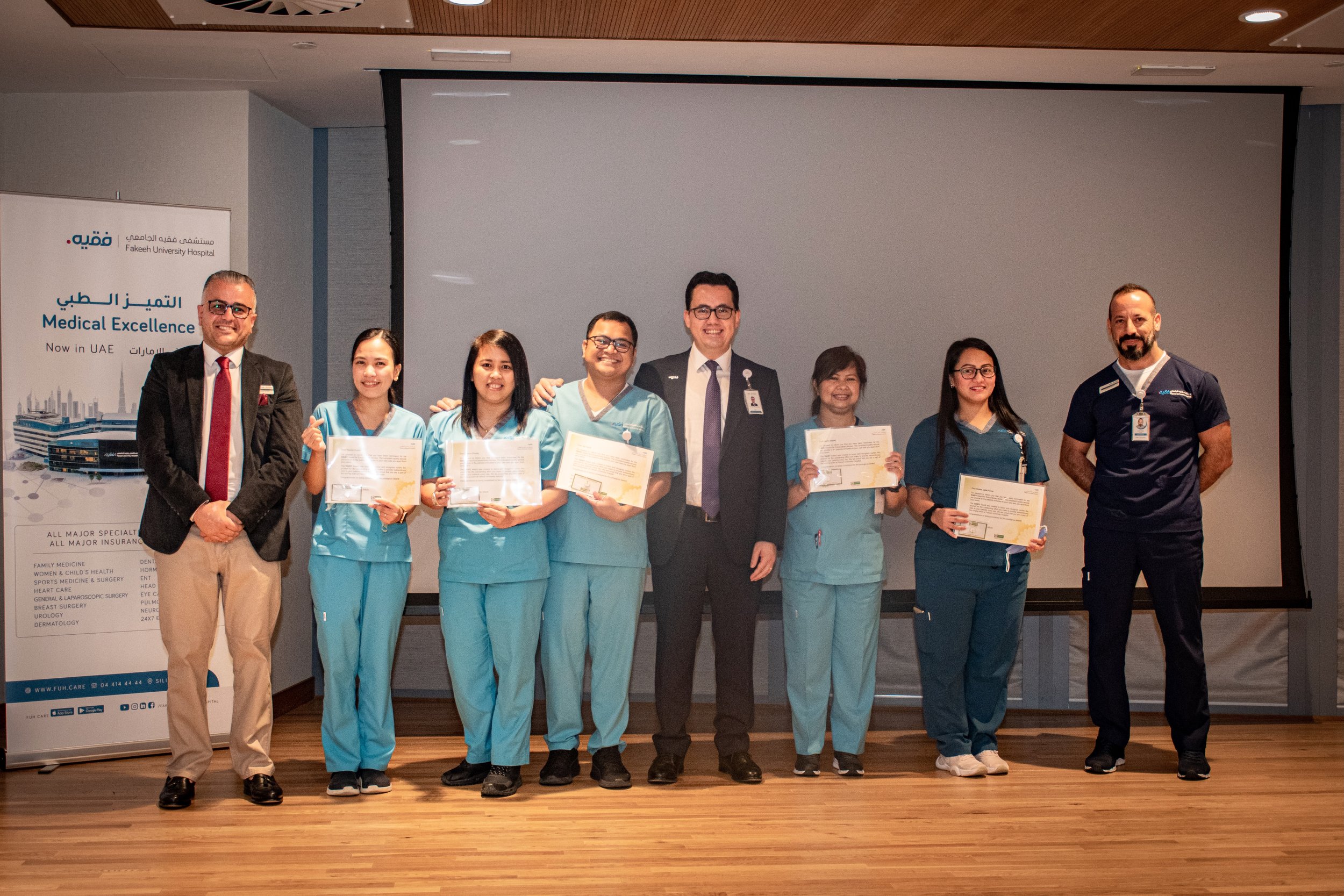Culture of recognition saves lives
Higher employee engagement is connected with significant improvements in patient care and satisfaction. A new Gallup survey found that increasing nurse engagement is associated with better patient outcomes. One of the most important engagement criteria is to recognize employees for the work they perform and the contributions they make. Developing a culture of recognition is a good move for hospitals, with benefits for both staff and patients.
To stay competitive, retain top talent, and deliver on the promise of healthcare results, it is no longer enough to offer the most advanced medical equipment and facilities and to hire the most qualified employees. A positive workplace culture is directly influenced by your recognition strategy. Recognition programs impact turnover and the employee experience.
Use recognition to boost the organization’s values
Recognition programs should be built around the values of the company. The patient experience is prioritized in our company. Our recognition programs are no exception. Every month, we celebrate the employees whose names have been highlighted on Google Reviews. This approach surely supports the principles of the hospital and enables us to give an even better experience to our patients. Our recognition program enables our employees to recognize one another for excellent conduct and performance in support of our values.
Decentralize the recognition
Recognition should not be owned by the top leadership only. We shall plan recognition programs in each and every department to empower the leaders of these particular units. With such approach, we will be creating loyalty to the leader and also let the leader create a better connection with the teams.
Make patients part of recognition programs
Employees are the primary source of patient satisfaction. Employee interactions set the tone for whether a patient has a favorable or bad experience. Employees' relationships with patients may, and nearly invariably do, degrade when they are unhappy at work. Patients are the most knowledgeable. While they are interacting with them, caregivers may evaluate the staff and assist us in selecting champions. By providing patients with the opportunity to identify, we can increase patient satisfaction.
Encourage Executive Rounds and Surveys
Rounding is one of the most well-known hospital management methods today. Employee engagement is certain to grow when hospital officials walk the wards, talking with employees and patients. According to a Deloitte survey, 85% of workers are satisfied with a simple "thank you" for their daily efforts and achievements.
The greatest method to recognize our employees is to listen to them. This kind of acknowledgment not only increases engagement, but also assists management in identifying operational concerns and obtaining the greatest improvement proposals directly from frontliners.
We do a variety of surveys, including press ganey, wonderful place to work, and just culture. Each of these polls allows us to listen to our people and get feedback from them.
Ad-Hoc Recognition is the best
Organizations should not develop a bureaucracy to handle recognition, and the process should be straightforward and easily accessible. A lunch voucher might facilitate spontaneous acknowledgment. Each of our leaders receives five lunch coupons at the start of each month. Every day, leaders walk around the hospital and come up with astounding stories and admirable actions. When they see such exceptional performance, they provide vouchers to the staff immediately.
Money is not the only way of recognition
Obviously, monetary compensation is not the only factor that encourages an employee to remain with a firm. 59% of workers would rather work for a company with a strong recognition culture than for a company with a greater salary but no recognition.
Offering particular education programs, electronic cards for important events, and sending a hospital-wide email to recognize personnel are more examples of modern recognition practices.

